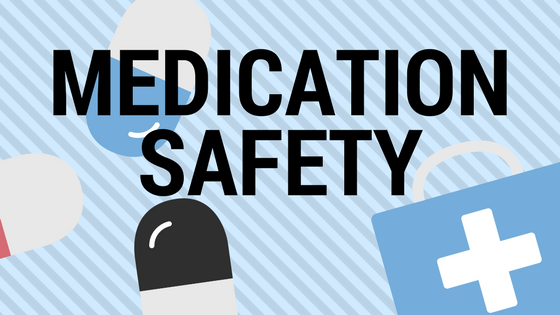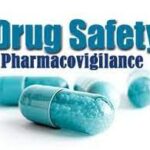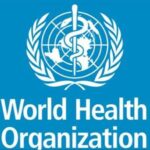What Medication Safety Standard Is

Medication safety standard describes the elements of a safe medication management system. It aims to ensure that clinicians safely prescribe, dispense and administer appropriate medicines, and monitor medicine use. It also aims to ensure that consumers are informed about medicines, and understand their own medicine needs and risks.
Medication safety standard requires hospitals have in place strategies and systems known to reduce the risk of common causes of medication error, standardisation and systemisation of processes, improving clinical workforce and clinician-patient communication, using technology to support information recording and transfer as well as providing better access to patient information and clinical decision support at the point of care.
Medication safety benchmarks may differ from country to country but it generally ensures that everyone is taking precautionary steps which are extremely important to prevent adverse reactions, overdoses and death.
Medication management pathway
Medication management involves prescribing, dispensing, administering and monitoring medicines. Medication management is complex and involves several different clinicians. Often referred to as the medication management pathway, it comprises multiple activities and three system processes to manage the safe and effective use of medicines for patients at each episode of care.
Safe processes and practices are required for all activities in the medication management pathway. These activities include procuring, supplying, storing, compounding, manufacturing, prescribing, dispensing, administering and monitoring the effects of medicines.
The consumer is the central focus of the medication management pathway. Health service organizations should apply the principles of partnering with consumers, health literacy and shared decision making when developing, reviewing and implementing processes or practices within the medication management pathway.
The pathway provides a framework for:
- Identifying when there is potential for errors or risk of harm
- Responding with strategies to reduce the opportunity for error.
To ensure safe and effective use of medicines within the health service organization, identify opportunities for patient harm and implement strategies to prevent medicine-related errors. Steps taken early in the medication management pathway can prevent adverse events occurring later in the pathway.
Importance Of Medication Safety Standards & The Role Of Pharmacists
Correct medication use occurs when the “five rights” are followed, meaning the right dose of the right medication is administered to the right patient, at the right time, and by the right route. However, this simple phrase obscures the fact that the five rights must be individualized, as they are affected by the patient’s age, medical condition, physiologic status, and other factors such as allergies.
Medication safety Standards ensures that the 5 R’s listed above are complied with at all times. Healthcare workers play a major role in ensuring these standards are maintained but pharmacists in particular have a central role in ensuring medication safety across the continuum of care.
The complexity of the medication prescribing and delivery processes can make it difficult to prove the beneficial effect of pharmacists on adverse outcomes directly, but pharmacist involvement has been shown to reduce errors, improve prescribing practices, and enhance patient monitoring across settings. For example, a cluster-randomized trial of pharmacist involvement in medication management planning on hospital admission showed a dramatic reduction in medication errors within the first 24 hours of hospitalization. A meta-analysis of 13 studies of pharmacist interventions at transitions of care estimated a 37% reduction in medication errors and a decrease in emergency department visits after hospital discharge. A recent randomized controlled trial of a pharmacist-led intervention in primary care practices in the United Kingdom tested an intervention bundle comprised of review of electronic medical records, prescriber feedback, education on error reduction, and support for improving local safety systems.





